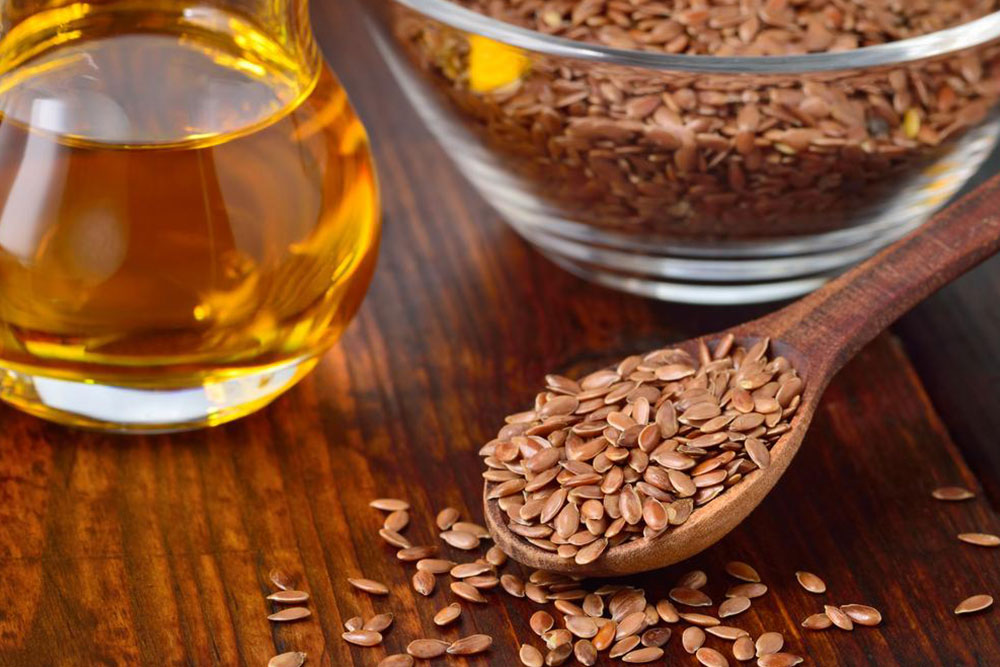Comprehensive Guide to Nutrient-Dense Foods for Enhancing Your Health
Explore a comprehensive list of nutrient-rich foods essential for maintaining optimal health. Learn how apples, almonds, broccoli, blueberries, oily fish, leafy greens, and sweet potatoes contribute to overall wellness. This guide offers practical tips on incorporating these nutritious choices into your daily diet to boost immunity, support heart health, and prevent chronic diseases. Enhance your lifestyle with these healthy eating strategies for a more vibrant and healthier life.

The Ultimate Guide to Nutrient-Dense Foods for Achieving Optimal Health
Adopting a balanced and nutritious diet is fundamental to maintaining overall health and wellness. Consuming a diverse range of nutrient-rich foods ensures your body gets essential vitamins, minerals, antioxidants, and other vital components necessary to bolster your immune system, prevent chronic diseases, and promote longevity. Seasonal and locally-sourced produce often boasts higher nutrient levels, making them particularly beneficial for your health. This comprehensive guide highlights key foods that are essential for a healthy diet and how they contribute to your well-being.
Fruits like apples: Apples are often regarded as a symbol of good health due to their impressive nutrient profile. Rich in dietary fiber, antioxidants, and vitamin C, apples contribute to lowering bad LDL cholesterol levels while increasing good HDL cholesterol. Regular consumption of apples can reduce the risk of stroke and support heart health. Their versatility makes them an easy and tasty addition to breakfast or snacks, providing a natural boost of energy and nutrients.
Nuts like almonds: Almonds are among the most nutrient-dense nuts, packed with healthy fats, magnesium, iron, fiber, vitamin E, and B vitamins. Their consumption has been linked to improved cardiovascular health, including lowering blood pressure and reducing inflammation. Almonds are also excellent for appetite regulation, making them a smart snack choice for weight management. Incorporating a handful of lightly salted or raw almonds into your daily diet can significantly support your overall health and provide sustained energy throughout the day.
Cruciferous vegetables such as broccoli: Belonging to the same family as cauliflower and Brussels sprouts, broccoli is a powerhouse of nutrients. It is abundant in dietary fiber, potassium, calcium, folate, and a wide range of antioxidants including vitamin C and beta-carotene. Light steaming broccoli activates enzymes like Myrosinase, which enhances its anti-cancer properties. Regular inclusion of broccoli in your meals can help lower the risk of certain cancers, support your immune response, and reduce symptoms of osteoarthritis by reducing inflammation.
Blueberries: These small berries are incredibly rich in dietary fiber, phytonutrients, and potent antioxidants such as anthocyanins. Consuming blueberries daily may help combat oxidative stress, boost cognitive function especially in older adults, and support the body's natural detoxification processes. Scientific studies suggest that blueberries may also inhibit fat accumulation by promoting lipolysis, making them beneficial for weight management and metabolic health.
Active omega-3 fatty acids found in oily fish: Sardines, salmon, mackerel, and other oily fish are among the best natural sources of Omega-3 fatty acids. These nutrients are crucial for reducing systemic inflammation, alleviating symptoms of arthritis, and promoting cardiovascular and nervous system health. Omega-3s are also associated with slowing the progression of prostate cancer and supporting brain health. Consuming oily fish at least twice a week can significantly improve your overall health profile.
Dark leafy greens such as spinach and kale: Regularly consuming greens like spinach, kale, and Swiss chard offers numerous health benefits. They are packed with antioxidants, fiber, and essential vitamins such as A, B6, C, E, and K, which play vital roles in maintaining immune function, skin health, and blood clotting. Additionally, they provide important trace minerals like selenium, zinc, and iron. Eating raw or lightly steamed greens maximizes their nutrient retention, helping reduce the risk of chronic conditions like type 2 diabetes and cardiovascular disease.
Sweet potatoes: Sweet potatoes are a versatile root vegetable rich in dietary fiber, beta-carotene (a precursor to vitamin A), and complex carbohydrates. Their high vitamin C and B6 content support immune function, vision, and energy metabolism. The vivid orange and yellow varieties contain carotene, which functions as a powerful antioxidant, helping to neutralize free radicals and reduce inflammation. Incorporating sweet potatoes into your diet can bolster your immune defenses and contribute to eye health.
Other nutrient-dense options: Besides the aforementioned foods, incorporating wheat germ, avocados, and oatmeal into your daily diet further enhances nutritional diversity. Wheat germ is rich in vitamin E and healthy fats, avocados provide monounsaturated fats and potassium, and oatmeal is high in soluble fiber, promoting heart health and steady blood sugar levels. Together, these foods can help maintain a balanced, wholesome diet that supports long-term health goals.





